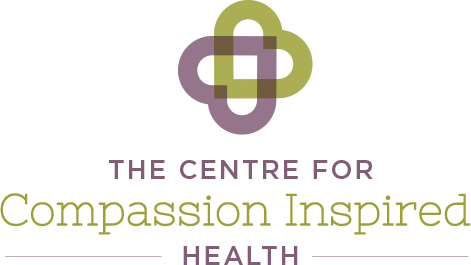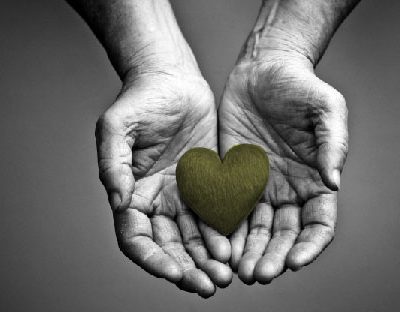In my practice I notice that people are so hard on themselves. And yet, when I encourage people to have some self-compassion, they express that they don’t want self-pity. Or don’t want to indulgence their feelings.
Self-pity is very different from self-compassion. In self-pity, we can become immersed in our problems and forget that others have similar problems. We tend to ignore our interconnections with others, and instead feel that we are the only ones in the world who are suffering. We tend to get carried away with and wrapped up in our drama.
Self-compassion, on the other hand, allows us to see the related experiences of self and other without these feelings of isolation and disconnection. With self-compassion we actually create some “mental space” to recognize the broader human context of our experience and can put things in greater perspective. (“Yes it is very difficult what I’m going through right now, but there are many other people who are experiencing much greater suffering. Perhaps this isn’t worth getting quite so upset about…”)
Self-compassion heals. Self-compassion is good for us. And it is only through self-compassion that we can start to become more compassionate with others.





